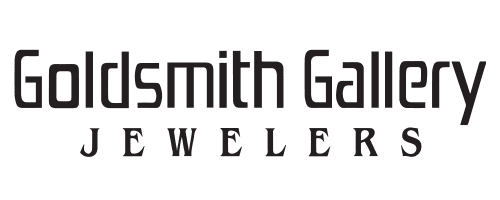Diamond & Jewelry Appraisals

An appraisal can be performed on any piece of jewelry, including loose stones. Unlike a diamond certification, which rates diamond’s physical characteristics, the appraisal process is less objective. An appraisal relies on estimations made as a result of what can be seen and variables like economic trends, availability, and production. The main purpose of an appraisal is to determine a piece of jewelry or diamond’s monetary value to help insurance companies establish the average cost of replacement and set coverage rates and premiums for customers. Appraisals are based on a variety of factors that can fluctuate, therefore it is advised to have your jewelry reappraised periodically.
Diamond Certification:
A diamond certification is an independent report for a specific loose stone that is issued by a professional diamond grading laboratory. Certification issuers have no affiliation with retail outlets, therefore the certification serves as an objective report to detail a diamond’s quality. Within each certificate is a thorough assessment of a stone’s exact proportions, measurements, color, clarity, cut, and carat weight; other specifics, such as fluorescence and symmetry, will also be included. Each certification is numbered, given a date of analysis, and is a comprehensive assessment of the diamond’s one-of-a-kind internal and external characteristics. Goldsmith Gallery Jewelers is a direct diamond importer that takes great pride in the quality of diamonds we offer to our clients. As such, we proudly have all of our hand-selected diamonds certified by the leading diamond laboratories.
The Gemological Institute of America (GIA):
Established in 1931, GIA is recognized as the world’s leading authority of diamond grading. GIA grades natural, synthetic, and treated stones and documents their findings on either a Diamond Grading Report or a Diamond Dossier, depending on carat weight.
EGL USA Gemological Laboratory:
With a reputation for fair standards and fast turnaround, EGL USA has been located in New York's diamond center since 1975. Independently owned and operated since 1986, EGL also has a west coast office in Los Angeles. Together, the labs certify diamonds and gemstones exclusively in North America. It is not uncommon to see a difference of 1-2 color grades and 1-2 clarity grades when compared to GIA standards. Diamonds certified by EGL USA are commonly priced lower than those certified by GIA.
American Gem Society (AGS):
Founded in 1996, AGS was formed by an elite group of jewelers who had a communal mission to create a firmer diamond grading authority. AGS provides quick, consistent, and accurate grading reports focused on consumer protection and satisfaction. With a goal to provide premium education for jewelry professionals and consumers, AGS offers courses to all segments of the diamond industry. Its conservative and unbiased approach to diamond grading makes them one of the world's most respected gemological laboratories. Therefore, an AGS certificate guarantees an accurate analysis and evaluation of a diamond.
International Gemological Institute (IGI):
The International Gemological Institute was established in 1985 and is the largest independent gemological laboratory in the world and has locations in all major diamond centers. IGI's mission is to provide jewelry professionals and consumers with extensive education programs and reliable diamond and fine jewelry certifications. An IGI certificate is comprised of a detailed analysis of the diamond's characteristics by several expert gemologists. The primary variance between the laboratories is their grading standards; in general, GIA is more stringent than others. Consequently, if different labs were to grade the exact same diamond, they may give that diamond different grades. There are also other labs that certify diamonds and their grading standards may vary, as well as their grading language.
 Book Appointment
Book Appointment 


